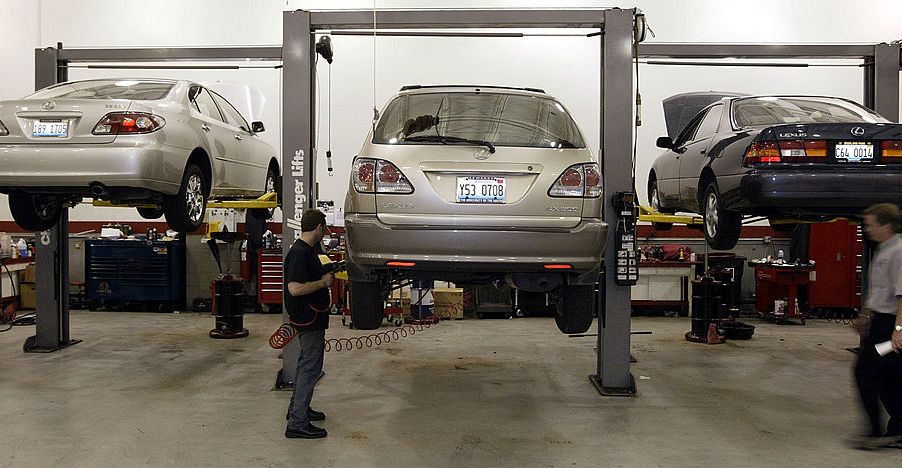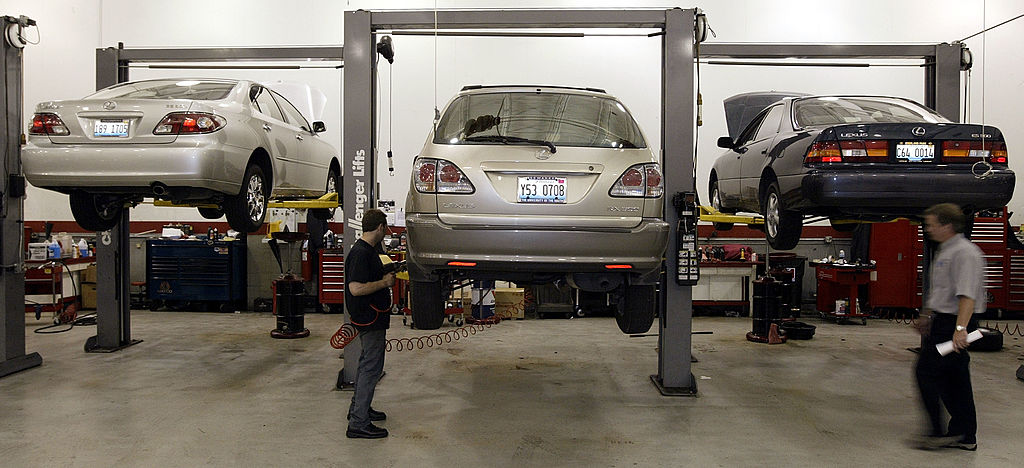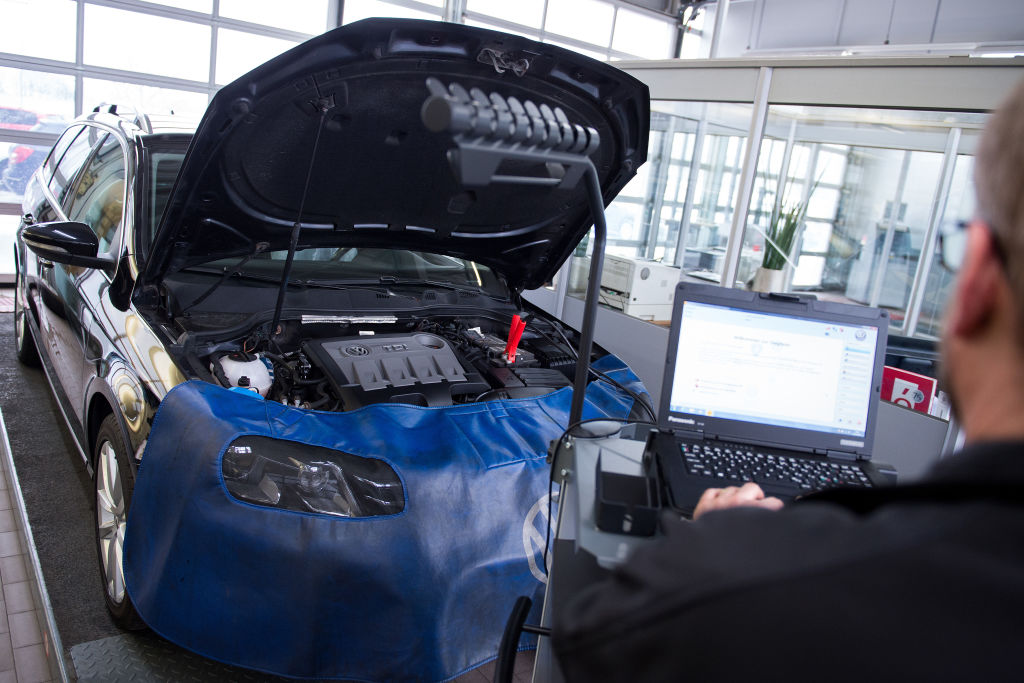
My Car’s Broken: How Do Lemon Laws Work?
Your new SUV was fine for a few hundred miles. Then the electric gremlins started. The audio volume would blast randomly. The infotainment screen went blank. Each time you took it back to the dealer it had your SUV for a couple of days. You’d pick it up and sometimes leaving the dealer or within a few days, the same problems occurred. The dealer gave you a loaner, but in three months its had your SUV over three weeks in total. Now, you want to know how lemon laws work?
We’ve all known someone who has bought a new car or truck and needed aid from the lemon law. Over 1% of new cars have repeated, unfixable problems, that ultimately get replaced with another new vehicle. That’s why lemon laws were conceived.
Every state has a lemon law to help consumers who find themselves in a revolving door of problem-take to dealer problem-take to dealer hell. But to qualify for a replacement there are guidelines. Some are clearly defined and some are a bit hazy.
Does my car qualify as a lemon?

The two main qualifications for Lemon Law restitution are that first, a “substantial defect” covered by the warranty occurred within a certain amount of time or number of miles. Also, it was not fixed after a number of visits to the dealership.
A “substantial defect” is where the gray area happens. If the problem impacts the use, value, or safety of the vehicle, then that qualifies. For instance, if the car randomly shuts off or the brakes don’t always engage immediately-those are substantial defects.
But if your problem is interior trim that keeps popping out or you have a loose knob or door handle, those don’t qualify as substantial. They don’t always have to be mechanical to qualify. Things like flaking paint or a bad smell when you turn on the heater can be considered substantial defects.
Any lemon consideration has to have taken place within a certain period of time or within a certain number of miles.
Reasonable repair attempts
Before your car is classified as a lemon the dealer or manufacturer has to be given a reasonable number of attempts to fix the problem. For that at least one of the following needs to have been made. For a safety defect involving brakes or steering, it has to remain or reoccur after one attempt to fix the problem. If not a safety defect then the problem must continue after three or four repairs were made. The actual number varies from state to state. If your vehicle has been in the shop for an average of 30 days in a year, it may also fit the definition of a lemon.
Get a refund or a replacement.

Once your vehicle qualifies as a lemon you have the right to receive a refund or a replacement. Though it varies in each state you have to contact the manufacturer to explain the circumstances. If you’re not happy with whatever the manufacturer offers you must first go to arbitration before heading to court.
Lemon law arbitration.
There are a number of ways to arbitrate your claim. A state consumer protection agency is probably your best option. Manufacturers also have in-house programs. In addition, there are a number of private arbitration programs available. The manufacturer may make the decision for you, but choosing a protection agency is the best way to go.
Better Business Bureau Lemon Law program
The Better Business Bureau has a BBB Auto Line to help settle disputes. It’s a voluntary process that guides you through every step. The more documentation you present the better are your chances of winning in arbitration. Brochures-especially those that make claims, vehicle service records for every dealership visit, any other records like dates and times of phone calls to the dealer or manufacturer.
Most every state’s lemon laws cover only new cars, though some include used cars. You’ll need to check your own state’s guidelines.



